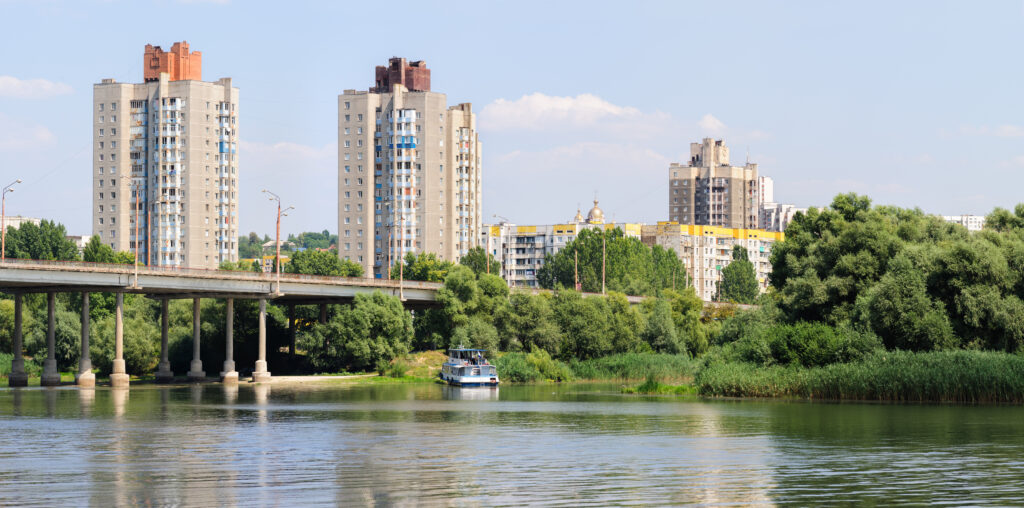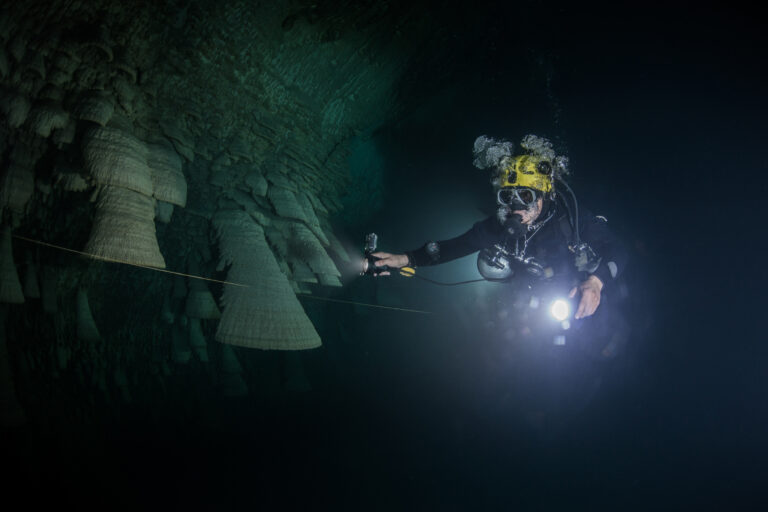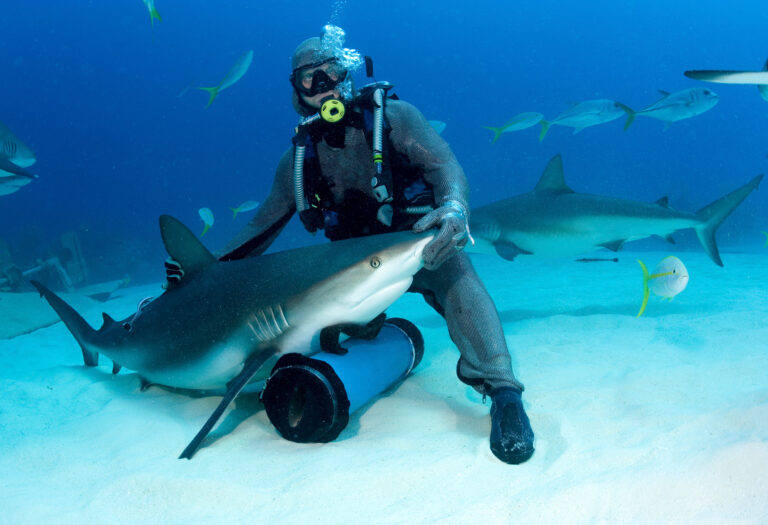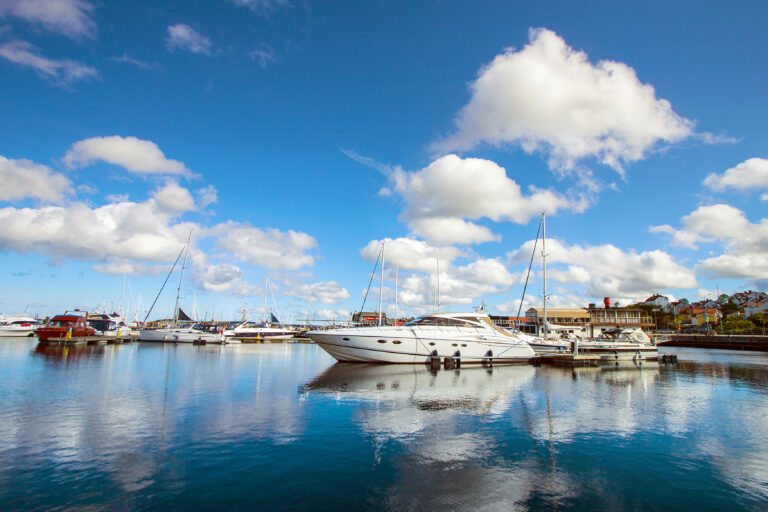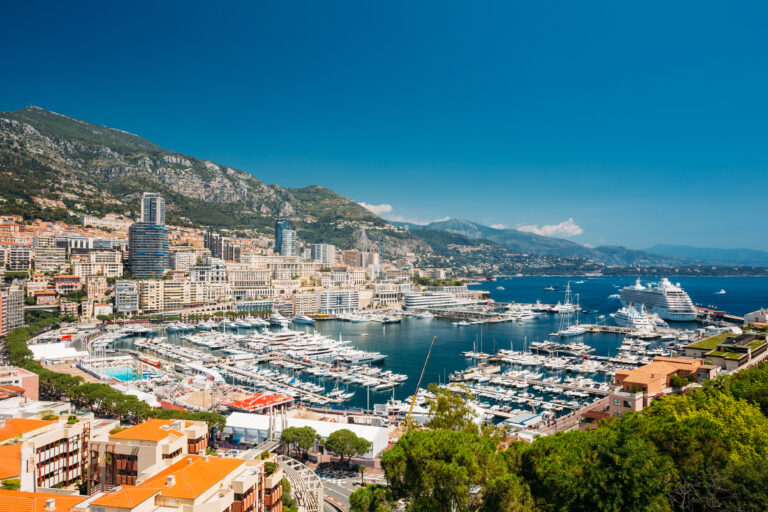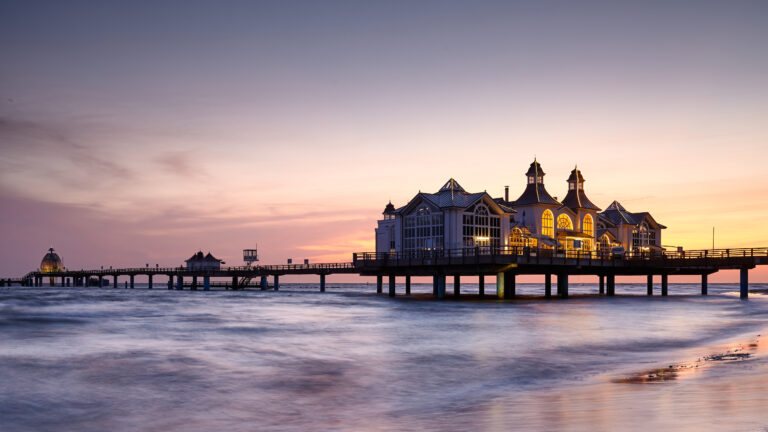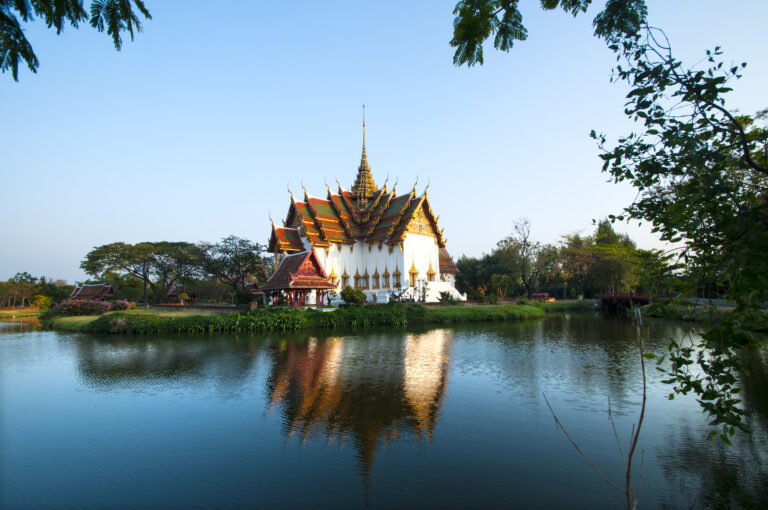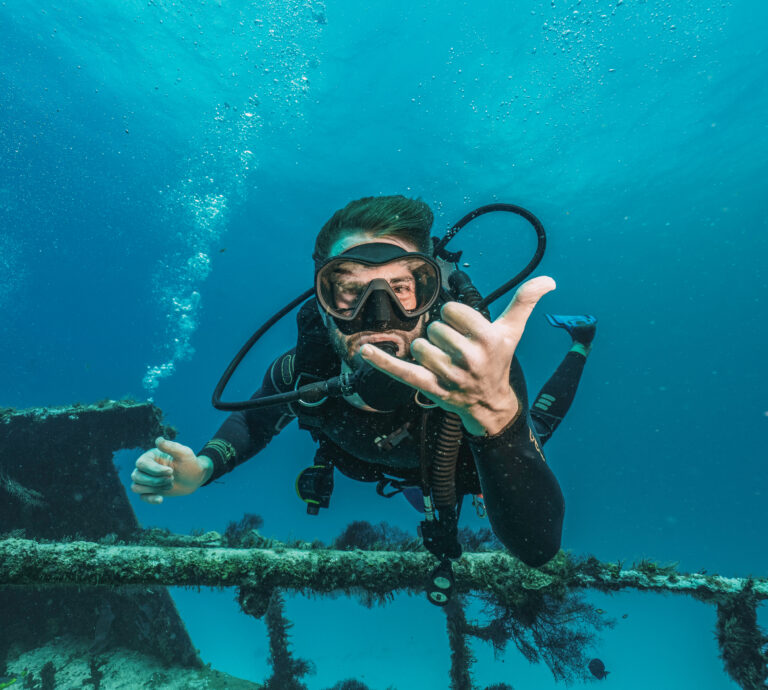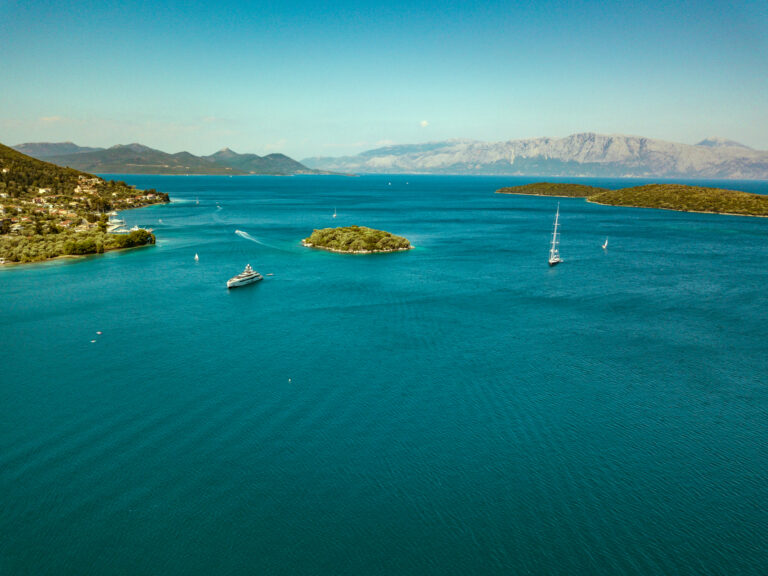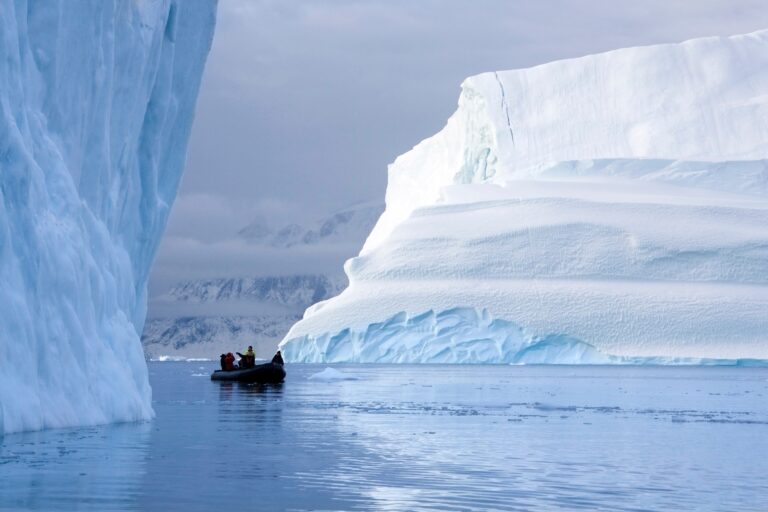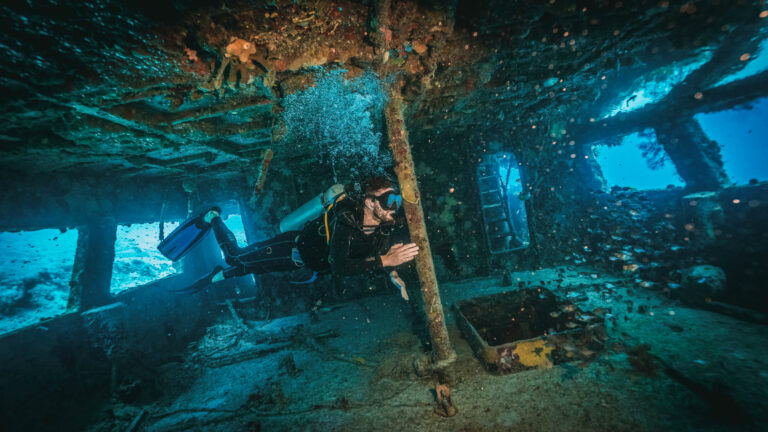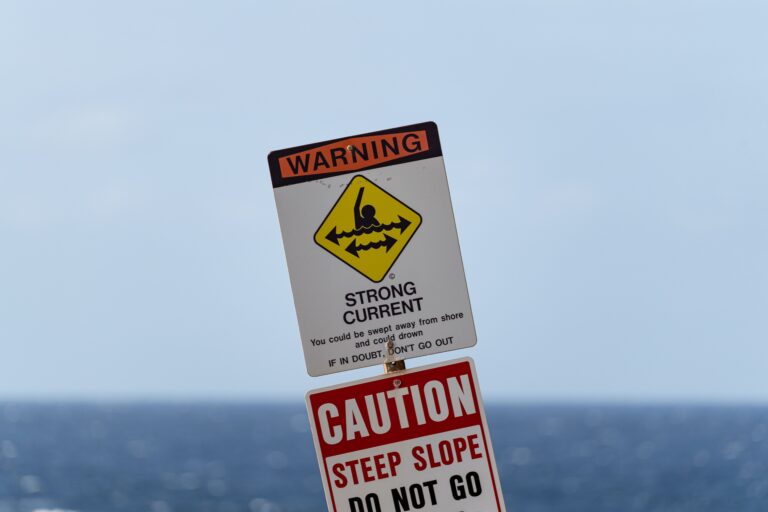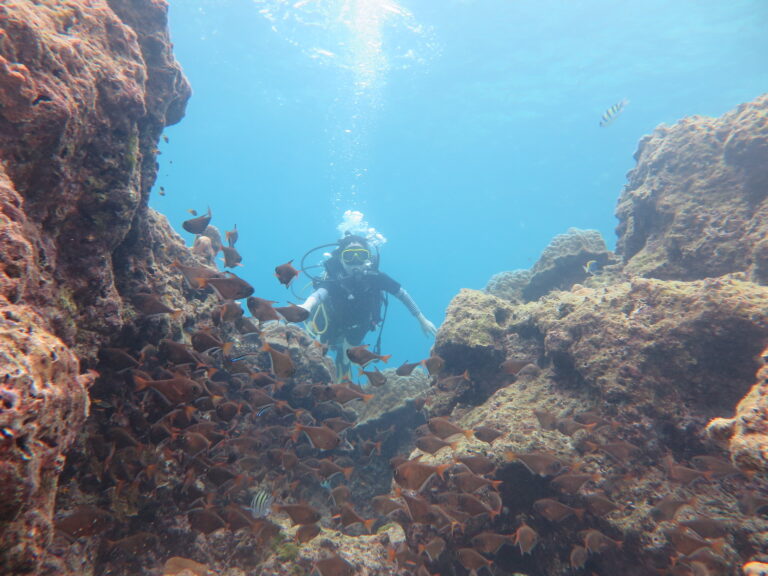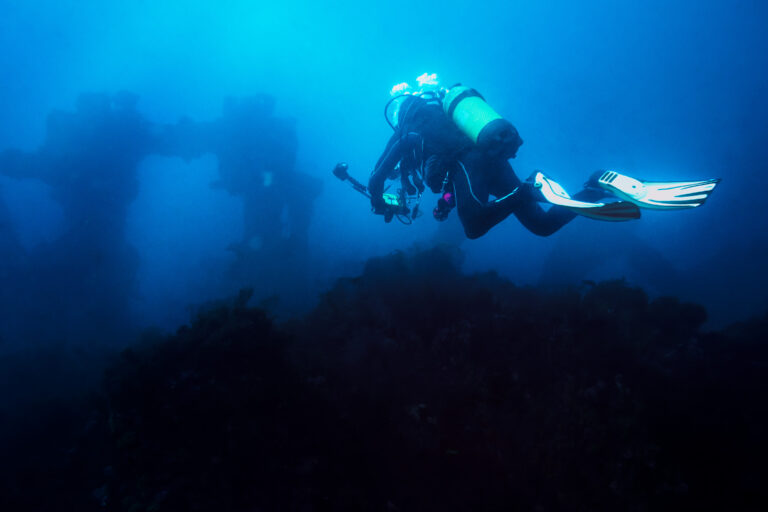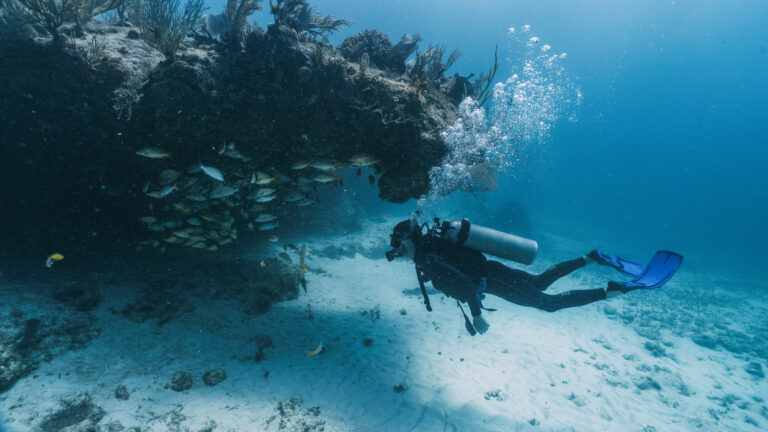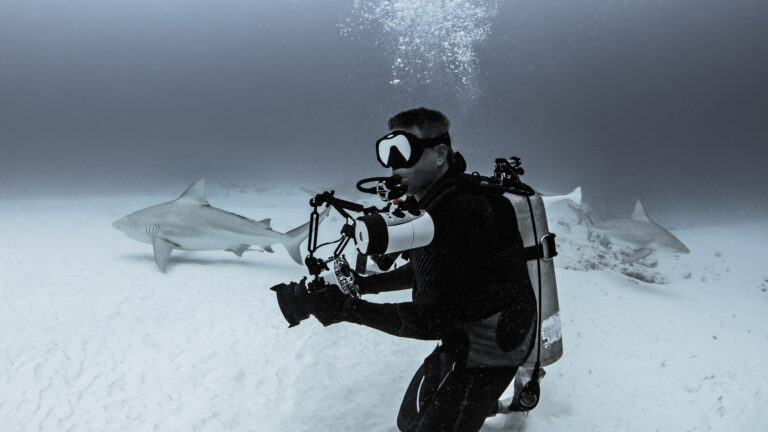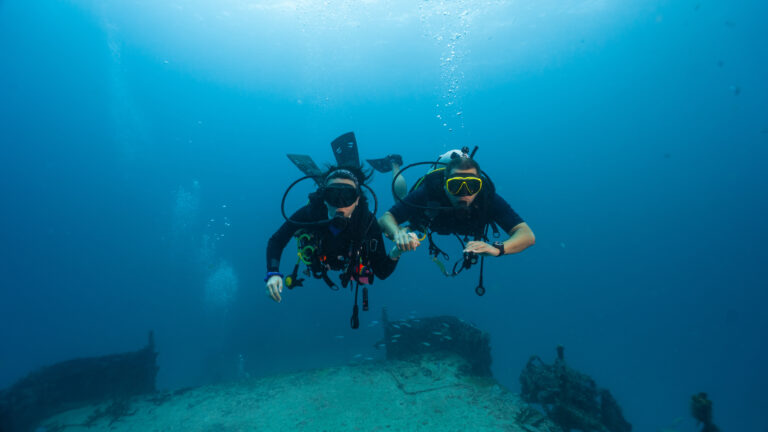SCUBA DIVERS’ TRAVEL GUIDE TO Moldova
Moldova may not be the first destination that comes to mind when you think of scuba diving, but this landlocked country in Eastern Europe has some hidden gems for adventurous divers. Moldova is home to the largest underground lake in the world, Lake Orhei, where you can explore submerged caves, tunnels, and rock formations. You can also dive in the Dniester River, which offers clear water and diverse aquatic life. Moldova is a culturally rich country with a history that spans from ancient times to the present day. You can enjoy its scenic landscapes, charming villages, and delicious cuisine when you are not diving. Moldova is a destination that will surprise and delight you with its unique scuba diving opportunities and its warm hospitality.
LOCATION AND GEOGRAPHY
Moldova, a landlocked country nestled between Romania and Ukraine in Eastern Europe, may not be the first destination that comes to mind for scuba diving enthusiasts due to its lack of direct access to the sea. However, this charming country offers a unique diving experience in its numerous lakes and rivers, with the most notable diving spot being Lake Ghidighici, just a short drive from the capital city of Chișinău. The lake, formed by the damming of the Bâc River, provides divers with the opportunity to explore freshwater ecosystems and encounter a variety of fish species native to the region. While Moldova’s geography may not provide the typical oceanic dive sites, its inland waters present a different kind of adventure for those looking to dive in less conventional, yet equally captivating, locations.
VISA AND ENTRY REQUIREMENTS
Moldova, a landlocked country in Eastern Europe, may not be the first destination that comes to mind for scuba diving enthusiasts due to its lack of direct access to the sea. However, for those interested in exploring its unique freshwater diving opportunities, such as the underwater caves and biodiversity in the Nistru River, it’s important to be aware of the visa and entry requirements. Travelers from many countries, including the EU, US, Canada, and the UK, can enter Moldova without a visa for stays of up to 90 days within a 180-day period. However, visitors from countries that do not have a visa exemption agreement with Moldova will need to apply for a visa in advance at a Moldovan diplomatic mission. All travelers must have a passport valid for at least three months beyond their planned departure from Moldova. Additionally, it’s advisable to check the latest entry requirements before traveling, as policies may change and additional documentation such as proof of accommodation, return tickets, or sufficient funds for the stay may be required upon entry.
GETTING TO Moldova
Moldova, a landlocked country in Eastern Europe, may not be the first destination that comes to mind for scuba diving enthusiasts due to its lack of direct access to the sea. However, for those interested in exploring freshwater diving, Moldova offers a unique experience. To get to Moldova, travelers will typically fly into Chișinău International Airport, the country’s main international gateway. Major airlines provide connections from European hubs such as London, Frankfurt, Istanbul, and Moscow. Overland entry is also possible from neighboring countries like Romania and Ukraine, with bus and train services connecting Moldova to cities like Bucharest and Odessa. Once in Moldova, divers can venture to natural and artificial lakes, as well as the Nistru River, to discover a different underwater world, including the famous underwater museum in Orhei. It’s essential to arrange your diving excursions in advance with local dive shops to ensure access to the best spots and necessary equipment.
BEST TIME TO DIVE
Moldova, a landlocked country in Eastern Europe, is not a traditional scuba diving destination due to its lack of direct access to the sea. However, for those seeking a unique underwater experience, Moldova offers a few freshwater diving opportunities, such as in natural and artificial lakes or rivers. The best time to scuba dive in Moldova is during the late spring to early autumn months, from May to September, when the weather is warm and the water temperatures are more comfortable for diving. Visibility in freshwater sites can vary, but it is generally better during these months when there is less rainfall and runoff to disturb the water. It’s important to note that diving in Moldova is more about exploring underwater landscapes and encountering freshwater species, rather than the vibrant coral reefs found in oceanic dive sites. Always check with local dive centers for the most up-to-date information on conditions and the best dive sites to visit during your stay.
ACCOMMODATION OPTIONS
Moldova, primarily known for its rich cultural heritage and wine-making traditions, is not a conventional scuba diving destination due to its landlocked geography. However, for those looking to explore underwater adventures in Moldova, the most notable option is diving in the flooded limestone mines of Orhei, particularly in the Criuleni district. Accommodation options for divers in this region are modest yet comfortable, with local guesthouses and small hotels providing a homely atmosphere. These establishments often offer basic amenities, with a few boasting additional facilities such as swimming pools and on-site dining. For a more immersive experience, some local wineries also offer boutique lodging, allowing divers to combine their underwater excursions with wine tastings and tours of the Moldovan countryside. While international resort chains are scarce, the warm hospitality of local accommodations more than compensates, ensuring a pleasant stay for those seeking to discover Moldova’s hidden underwater gems.
DIVE OPERATORS AND DIVE SHOPS
Moldova, a landlocked country in Eastern Europe, may not be the first destination that comes to mind for scuba diving enthusiasts, but it offers a unique underwater experience for those willing to explore its hidden depths. While the country lacks a coastline, dive operators and shops in Moldova have adapted by focusing on freshwater diving, primarily in local lakes and rivers, and especially in the flooded limestone quarries, which are a particular highlight. The most notable dive site is the Orheiul Vechi Cultural and Landscape Complex, where divers can explore submerged caves and aquatic life in crystal-clear waters. Moldovan dive shops provide certification courses, equipment rental, and guided tours, ensuring that both novices and experienced divers can safely enjoy the underwater landscapes. These operators are known for their personalized service and for maintaining high safety standards, making diving in Moldova an unexpected but rewarding adventure for those looking to dive in less conventional locations.
TRANSPORTATION WITHIN Moldova
Moldova, while not a traditional scuba diving destination due to its landlocked geography, does offer a unique experience for those interested in exploring its underwater environments, such as the flooded cellars of Cricova and Mileștii Mici wine cellars. However, when it comes to transportation within the country, visitors will find that the most convenient options are by road. Renting a car is a popular choice for those looking to travel to dive sites at their own pace, offering flexibility to visit the various lakes and rivers that may be of interest to divers. Public transportation, such as buses and minibusses (marshrutkas), is available and can be quite economical, but may not provide direct access to more secluded dive spots. Taxis and ride-sharing services are also readily available in urban areas and can be arranged for longer distances, but it’s advisable to agree on the fare in advance. For a truly unique experience, some local dive operators may offer specialized tours that include transportation to and from dive sites.
CURRENCY AND PAYMENT METHODS
Moldova, while an intriguing destination with its rich history and culture, is not a traditional scuba diving location due to its landlocked geography. However, if you find yourself in Moldova with a desire to explore any underwater activities available in local rivers or lakes, it’s important to be prepared with the appropriate currency and payment methods. The official currency of Moldova is the Moldovan Leu (MDL). Cash is king in many places, especially in smaller towns or rural areas, and it’s advisable to carry a sufficient amount of local currency. Credit cards are widely accepted in the capital, Chișinău, and other major cities, with Visa and MasterCard being the most commonly accepted. ATMs are readily available in urban areas, but may be scarce elsewhere. It’s less likely that diving centers, if any, will accept traveler’s checks or foreign currency, so ensure you exchange or withdraw enough leu for your diving adventures and related expenses. Always check with your specific dive provider ahead of time for their preferred payment methods.
LANGUAGE AND COMMUNICATION
Moldova, a landlocked country in Eastern Europe, may not be the first destination that comes to mind for scuba diving enthusiasts seeking underwater adventures. However, for those interested in exploring the unique experience of diving in freshwater lakes and rivers, or the thrill of cave diving, Moldova offers a few unexpected opportunities. When it comes to language and communication, the primary language spoken in Moldova is Romanian, due to its historical and cultural ties with Romania. Russian is also widely understood and spoken, particularly by the older generation and in the Transnistrian region. For scuba diving excursions, it is advisable to have a basic understanding of Romanian or Russian, or to ensure that you are accompanied by a guide or instructor who can communicate in English. Dive operators and instructors may speak English, but this is not guaranteed, so it’s important to confirm language capabilities before booking your dive. Clear communication is crucial for safety and enjoyment during your dives, so make sure to establish a mutual understanding with your dive team, whether through language or standardized diving hand signals.
LOCAL CULTURE AND ATTRACTIONS
Moldova, a landlocked country in Eastern Europe, may not be the first destination that comes to mind for scuba diving enthusiasts due to its lack of a coastline. However, it offers a unique underwater experience at the flooded limestone mines in the village of Criva, home to the Orheiul Vechi Monastery complex, a cultural and historical site carved into a limestone cliff. Above water, Moldova’s rich cultural tapestry weaves together a love for traditional music, dance, and the art of winemaking, with the country being home to some of the largest wine cellars in the world. Visitors can immerse themselves in local traditions by attending lively festivals such as the annual Wine Day or by exploring the vibrant capital city of Chișinău, where Soviet architecture stands alongside modern cafes and markets. The warmth of Moldovan hospitality, combined with the country’s pastoral landscapes and historical monasteries, creates a charming backdrop for those looking to explore both the depths below and the culture above.
CULTURAL ETIQUETTE AND TIPS
Moldova, a landlocked country in Eastern Europe, may not be the first place that comes to mind for scuba diving, but it offers a unique experience for those interested in exploring underwater worlds in freshwater lakes and rivers. When visiting Moldova for scuba diving, it’s important to respect local customs and traditions. Moldovans are known for their hospitality and warmth, but it’s courteous to learn a few phrases in Romanian, the official language, to show appreciation for their culture. When interacting with local dive operators or guides, be punctual and polite, as timeliness is valued. It’s also customary to remove your shoes when entering someone’s home, so be prepared to do so if you’re invited after a dive. Tipping is appreciated for good service, with 10% being standard. As Moldova has a rich winemaking tradition, you may be offered a glass of local wine; it’s polite to accept and toast with your hosts, but remember to dive sober and save any alcohol for post-dive celebrations. Always be environmentally conscious, respecting the dive sites and not disturbing the aquatic life, as Moldovans take pride in their natural resources.
LOCAL LAWS AND REGULATIONS RELEVANT TO TOURISTS
Moldova, a landlocked country in Eastern Europe, may not be the first destination that comes to mind for scuba diving enthusiasts due to its lack of direct access to the sea. However, for those interested in exploring its freshwater bodies, it’s important to be aware of local laws and regulations. Tourists should note that diving in Moldova is regulated by the Moldovan Underwater Federation, and all divers must adhere to its rules and safety standards. Diving permits may be required for certain protected areas, and it’s essential to check with local dive shops or authorities for the latest information. Additionally, divers should be mindful of environmental regulations aimed at preserving aquatic ecosystems, which prohibit the removal of artifacts and disruption of wildlife. As regulations can change, it is always recommended to consult with local dive operators or tourism offices for the most current diving guidelines before planning your underwater adventure in Moldova.
SAFETY TIPS AND EMERGENCY CONTACTS
When planning a scuba diving trip to Moldova, safety should be your top priority. Given that Moldova is a landlocked country, diving opportunities are limited to lakes, rivers, and specially designed underwater attractions, such as the flooded Orhei quarry. Before diving, ensure that you are certified and comfortable with freshwater diving conditions, which can differ significantly from ocean diving. Always check your equipment thoroughly and dive within your limits, adhering to the buddy system. Be aware of local emergency procedures and have the contact information for the nearest hyperbaric chamber, which is essential in the event of decompression sickness. In Moldova, emergency services can be reached by dialing 112. It’s also wise to inform your dive operator or local contact of your dive plans and expected return time. Lastly, consider investing in travel insurance that covers scuba diving activities to provide additional peace of mind during your underwater adventures in Moldova.
HEALTH AND TRAVEL INSURANCE
Before embarking on a scuba diving adventure in Moldova, it is crucial to ensure that you have comprehensive health and travel insurance coverage. While Moldova may not be renowned for its diving opportunities, as it is a landlocked country with limited freshwater diving experiences, it is still important to be prepared for any unforeseen medical emergencies or dive-related incidents. Your insurance should specifically cover scuba diving activities, as standard policies may exclude such specialized sports. Check that your policy includes coverage for hyperbaric treatment in case of decompression sickness, medical evacuation, and repatriation if necessary. Since Moldova’s healthcare system may not offer the same level of care as in your home country, having a robust insurance plan will provide peace of mind and financial protection during your travels. Always carry proof of your insurance and emergency contact numbers with you, and be aware of the procedures for claiming any medical expenses incurred during your trip.

